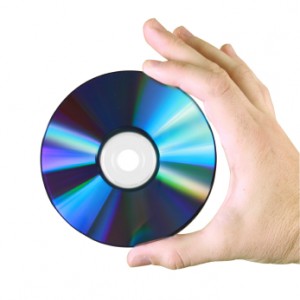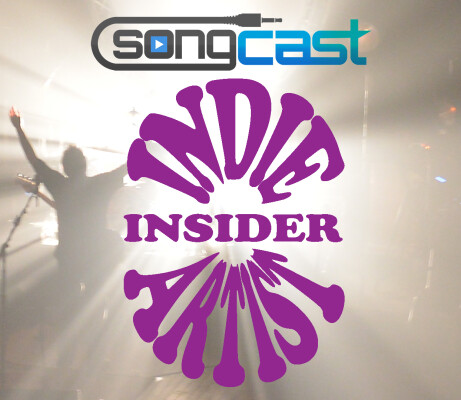The music business can be a brutal line of work to go into. Thousands upon thousands of acts competing for tiny spots in the marketplace can lead to dreams deferred or given up altogether. You must love it to do it for a living. Don’t expect to get rich — that only happens to a very small percentage of musicians. So be realistic with your expectations and you’ll fare much better than if you expect to be a star by next year.
Now that we’ve warned you how tough it can be, how do you get started? Assuming you already have an arsenal of great songs recorded, a website and/or social networking fan pages set up, the next thing to do is get strangers to hear and buy your tunes.
Revenue streams
 1. Downloads and CD sales
1. Downloads and CD sales
You’ll need an online retailer and distributor to sell physical copies of your CDs and digital downloads to fans, and to get your music on popular music services like iTunes. You also need to visit record stores in your area to see if they have a local or consignment section for your discs. And always have a merch table stocked with CDs at live gigs.
2. Gigs
Start by playing local open mics. This is where you’ll meet others who are doing the same thing you are, as well as get connected to venue bookers. One reason venues have open mic nights, besides bringing in a lot of paying customers, is to discover new talent to book on other nights of the week. Once you establish yourself at venues in your town, it’s time to start branching out regionally and maybe even hire a booking agent, or establish a good rapport directly with the booking agents at each venue in your region. If you can draw, you won’t have any problem getting gigs.
3. Royalties
Join and register your songs with a performing rights organization (PRO) so you can get royalties when you music is played in public, on the radio, TV or in a film. These organizations are free to join and they work to collect royalties on behalf of the artist. Three major PROs exist: ASCAP, BMI and SEASAC. All essentially do the same thing, but you may prefer the services of one over another, so do your research before joining one.
4. Licensing
One of the more lucrative ways to generate income from your music is to license it. This is commonly done for movies and TV shows in a sync license — video games are another avenue. Every production has a music supervisor who selects music. Get in touch with these people, as they often like dealing with indie acts. Don’t expect to make much at first, but if you get a song placed in a program that runs repeatedly and you have the song properly registered with your PRO, it can be very rewarding in the long run.
This is by no means a comprehensive list of everything a novice needs to know — the music business is extremely complex — just a few tips to get you going in the right direction so you can begin pursuing your passion for a living.












































This is a very good starting point for song writers and those in bands, for musicians, an additional revenue stream would be session work.